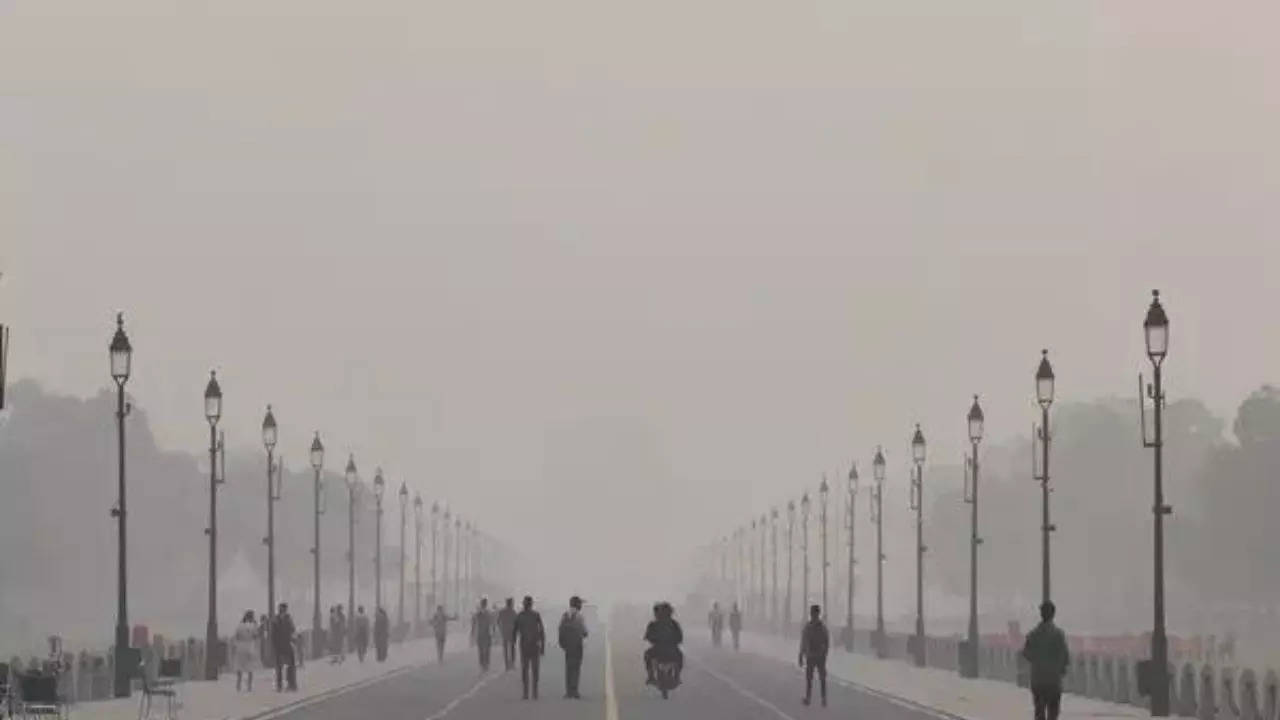The Impact of Air Pollution on Mortality Rates in India
A recent study published in the Lancet Planetary Health reveals shocking results about the impact of air pollution on mortality rates in India. The study, which focused on 10 major Indian cities including Ahmedabad, Bengaluru, Chennai, Delhi, Hyderabad, Kolkata, Mumbai, Pune, Shimla, and Varanasi, found that even levels of air pollution below current Indian standards are causing increased daily deaths across the country.
The research indicates that approximately 33,000 deaths annually in these cities can be attributed to air pollution levels exceeding WHO guidelines. Surprisingly, significant deaths were observed even in cities not traditionally associated with high air pollution levels. The study analyzed data on PM2.5 exposure and daily mortality rates from 2008 to 2019 to arrive at these alarming conclusions.
According to the study, 7.2% of all deaths, which translates to around 33,000 deaths each year, across the 10 cities can be linked to short-term PM2.5 exposure surpassing the WHO guideline value of 15 μg/m3. Furthermore, for every 10 μg/m3 increase in short-term PM2.5 exposure, there was a 1.42% rise in daily deaths. When using a causal modeling approach to isolate the impact of local sources of air pollution, this estimate nearly doubled to 3.57%.
This groundbreaking study sheds new light on the relationship between air pollution and health in India. It highlights the need for more stringent national air quality standards and intensified efforts to control air pollution. By employing unique causal modeling techniques that identify the heightened impact of local pollution sources, such as waste burning and vehicular emissions, the study provides valuable insights for policymakers.
Researchers from various institutions, including Ashoka University, the Centre for Chronic Disease Control, Karolinska Institutet, Harvard University, and Boston University, collaborated on this study. The findings underscore the necessity for comprehensive air pollution policies that extend beyond cities failing to meet Indian standards.
The study also emphasizes the importance of year-round actions to combat air pollution, rather than focusing solely on seasonal extremes. It suggests that current policies, like the Graded Response Action Plans, should be recalibrated to ensure consistent air quality improvements throughout the year.
Dr. Bhargav Krishna, a Fellow at the Sustainable Futures Collaborative and lead author of the study, emphasized the nationwide challenge of reducing air pollution. Dr. Jeroen de Bont of Karolinska Institutet highlighted the significance of addressing local pollution sources alongside existing strategies.
As the study recommends revisiting air quality management strategies and redefining air quality standards, researchers urge policymakers to take urgent action to save lives and protect public health in India.









